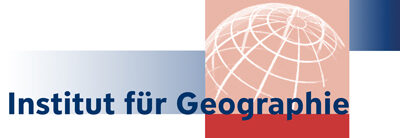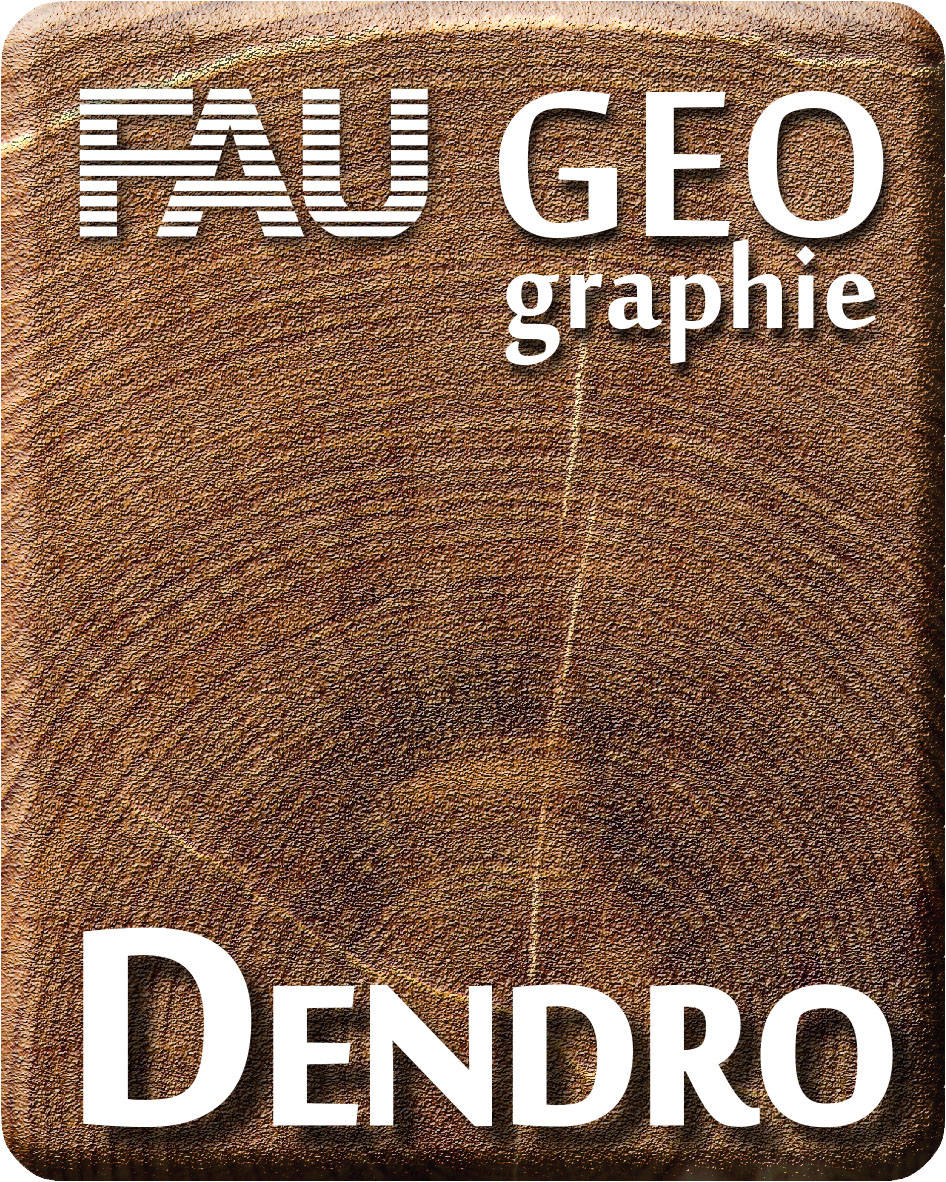Dendrolabor
Dendrolabor
- Prof. Dr. Achim Bräuning
- Email: achim.braeuning@fau.de
- Iris Burchardt
- Email: iris.burchardt@fau.de
The tree-ring laboratory of the Institute of Geography at Erlangen has established a wide variety of methods to measure different tree-ring parameters. This enables a wide spectrum of dendroecological analyses.
The following techniques are established in the Erlangen tree-ring lab:
- Quantitative and qualitative wood anatomy: thin sectioning with various types of microtomes, staining and qualitative and quantitative analyses of wood parameters
- Dendrometer and sap flow measurements for analyzing cambial dynamics and ecophysiological parameters of trees
- Ring width measurements with several LINTAB measuring tables (Rinntech, Heidelberg, Germany)
- Wood density measurements with a high-frequency measurement device (Lignostation, Rinntech, Germany)
- Stable isotope analyses in whole wood and alpha-cellulose with a Thermo Delta V Advantage IRMS. Elements currently investigated are carbon, oxygen, and nitrogen
The main foci of the working group are dendroclimatic and dendroecological studies in tropical, subtropical and temperate mountain regions of the world including the European Alps, Scandinavia (Norway), Corsica, the Himalaya and the Tibetan Plateau, the tropical Andes (Ecuador), and mountain regions in eastern Africa (Ethiopia), China (Yunnan) and the Middle East (Iran). Moreover, the effect of climatic extreme events and species specific adaptations on tree growth and forest ecology is of particular interest, and is e.g. studied in northern Bavaria (southeastern Germany) and the Chinese Yunnan province. Beside rings in trees, another field of interest is the growth behavior of other perennial plant-life forms like dwarf shrubs.

